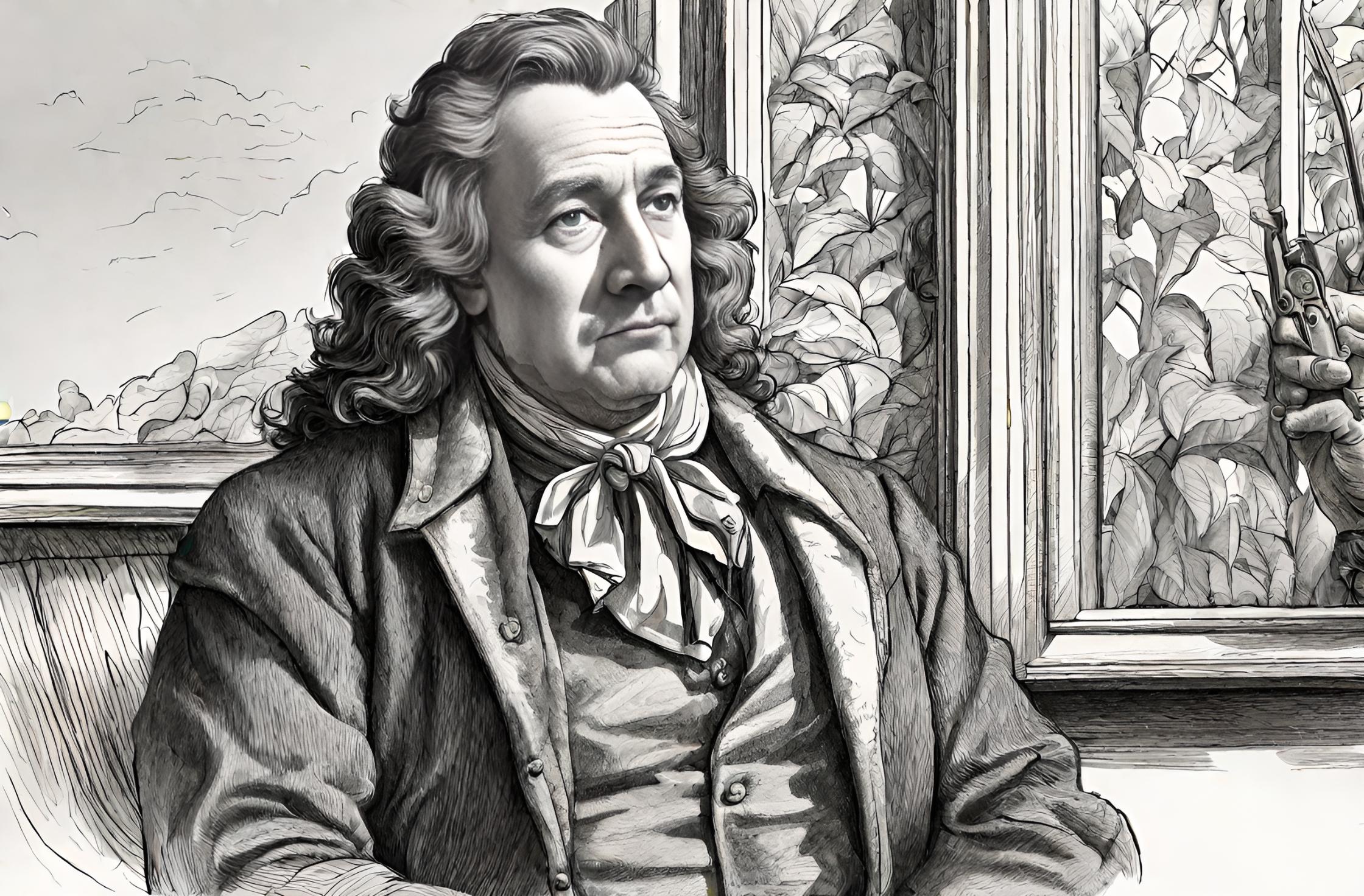Flashback to May 25
American History

On January 21, 1953, John Foster Dulles was appointed as the United States Secretary of State under President Dwight D. Eisenhower’s administration. This significant event marked the beginning of Dulles’ influential tenure in shaping American foreign policy during the Cold War. With his strong anti-communist stance and commitment to furthering American interests, Dulles left a lasting legacy in international relations. Let’s take a closer look at his appointment and the impact it had on American diplomacy.
John Foster Dulles was not a stranger to the world of politics. Coming from a prestigious family of politicians, he had served in various government positions before becoming Secretary of State. His experience and expertise made him a formidable force in shaping America’s foreign policy during a crucial period in history.
As Secretary of State, Dulles played a pivotal role in the containment of communism, which was a primary concern for the United States. He was a strong believer in the policy of “massive retaliation,” advocating for a robust military response to any aggression from the Soviet Union or its allies. This approach was in line with President Eisenhower’s broader strategy of maintaining a strong defense while limiting military spending.
Dulles’ appointment also marked a shift in American diplomatic priorities. Under his leadership, the United States pursued a more aggressive stance towards the Soviet Union, challenging their influence around the world. Dulles firmly believed in the concept of liberation, supporting anti-communist movements and initiatives in countries like Hungary, Cuba, and Iran.
One of the most significant contributions of Dulles’ tenure was the creation of alliances and regional organizations to counter Soviet expansion. He played a crucial role in the formation of organizations like the Southeast Asia Treaty Organization (SEATO) and the Central Treaty Organization (CENTO). These alliances aimed to strengthen the United States’ position in the regions and contain the spread of communism.
Dulles’ commitment to containing communism was also evident in his active role in the Eisenhower Doctrine. This policy pledged American military and economic assistance to any Middle Eastern country threatened by communism. This doctrine was a direct response to the increasing Soviet influence in the region and aimed to safeguard American interests.
However, Dulles’ tenure was not without controversy. His unwavering anti-communist stance often led to criticism of his policies and tactics. Some argued that his aggressive approach towards the Soviet Union risked escalating tensions and potentially sparking a global conflict. Critics also accused Dulles of supporting oppressive regimes in the name of anti-communism, compromising America’s commitment to democracy and human rights.
Despite the criticisms, John Foster Dulles was a significant figure in American politics and diplomacy. His leadership as Secretary of State exemplified the United States’ firm commitment to containing communism during the Cold War era. His policies and strategies laid the groundwork for future administrations to navigate a complex and volatile global landscape.
John Foster Dulles’ appointment as the United States Secretary of State on January 21, 1953, had a profound impact on American foreign policy. His strong anti-communist stance and commitment to protecting American interests shaped the United States’ approach to global affairs during the Cold War. Dulles’ legacy as Secretary of State continues to be a subject of debate and analysis as historians examine the complexities of American diplomacy during a challenging era.
We strive for accuracy. If you see something that doesn't look right, click here to contact us!
Sponsored Content

John Copson becomes America’s…
On May 25, 1721,…

Nuclear testing: At the…
On May 25, 1953,…

Scopes Trial – John…
On 5/25/1925, John T.…

